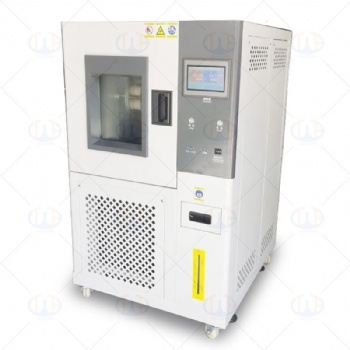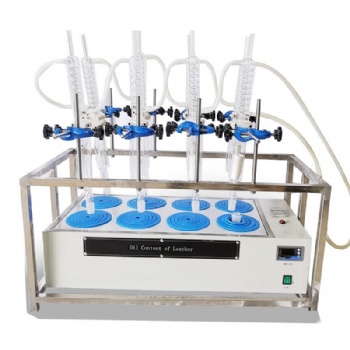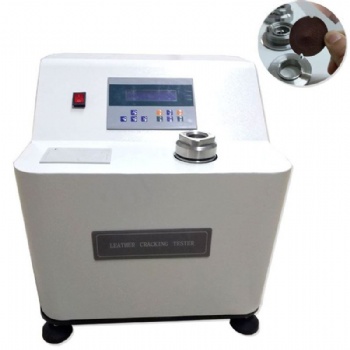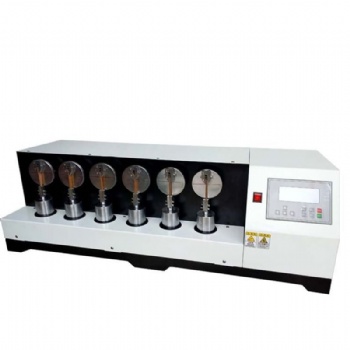News
The Role of Spoke Type Load Cells in Industrial Weighing
The Role of Spoke Type Load Cells in Industrial Weighing
In the realm of industrial weighing, precision, durability, and reliability are paramount. Spoke type load cells have emerged as a key technology in this sector, providing robust solutions for accurate weight measurement across a variety of applications. This blog delves into the features, benefits, applications, and the critical role spoke type load cells play in industrial weighing systems.
What is a Spoke Type Load Cell?
A spoke type load cell is a specific design of load cell characterized by its unique structure, which resembles the spokes of a wheel connecting a central hub to an outer ring. This design allows for even distribution of forces, making it particularly effective in handling heavy loads. The load cell operates on the principle of strain gauges, which are attached to the spokes. As weight is applied, the spokes deform slightly, and this deformation is translated into an electrical signal that can be measured and interpreted.
Key Features
Robust Construction: Spoke type load cells are built to withstand harsh industrial environments. Their sturdy design can handle significant loads without compromising accuracy.
High Load Capacity: These load cells are capable of measuring large weights, making them suitable for heavy-duty applications in manufacturing and logistics.
Precision and Accuracy: Spoke type load cells offer high accuracy and minimal hysteresis, ensuring consistent performance even under varying conditions.
Temperature Compensation: Many models come equipped with features that compensate for temperature fluctuations, which can impact measurement accuracy.
Ease of Integration: The design of spoke type load cells allows for straightforward installation and integration into existing weighing systems.
Applications of Spoke Type Load Cells in Industrial Weighing
Spoke type load cells are utilized across various industries, each benefiting from their unique features. Here are some of the most common applications:
1. Manufacturing and Production Lines
In manufacturing settings, spoke type load cells are used to weigh raw materials, components, and finished products. Accurate weight measurements are critical for quality control, ensuring that products meet specifications and regulations. Whether it’s measuring the weight of bulk materials or individual components, these load cells provide reliable data that can streamline production processes and minimize waste.
2. Heavy Equipment Weighing
In industries that deal with heavy machinery, such as construction and mining, spoke type load cells are essential for weighbridges and truck scales. These applications require load cells that can withstand extreme weights and harsh conditions while providing accurate measurements. Using spoke type load cells in these settings helps prevent overloading, ensuring compliance with safety regulations and prolonging the life of equipment.
3. Logistics and Freight Management
In logistics, accurate weight measurement is crucial for shipping and freight management. Spoke type load cells are used in automated weighing systems to determine the weight of packages and cargo before they are shipped. This information is vital for calculating shipping costs, ensuring that shipments comply with weight regulations, and optimizing cargo loads to maximize efficiency.
4. Food and Beverage Industry
In the food and beverage sector, spoke type load cells are utilized in batching systems, where precise measurements of ingredients are necessary for consistency and quality. Accurate weighing of ingredients ensures that products meet flavor, texture, and quality standards, ultimately affecting customer satisfaction. Additionally, these load cells are often employed in packaging systems to ensure that containers are filled to the correct weight.
5. Agriculture
Agricultural operations frequently require accurate weighing for inventory management, especially in grain and livestock applications. Spoke type load cells are commonly found in grain bins, silos, and livestock scales. By providing reliable weight measurements, these load cells help farmers manage their resources effectively and ensure they are complying with market regulations.
Advantages of Spoke Type Load Cells
1. Durability and Reliability
The rugged design of spoke type load cells makes them resistant to wear and tear, ensuring long-lasting performance in challenging environments. This durability translates into reduced maintenance costs and less frequent replacements, making them a cost-effective solution for industrial weighing.
2. High Accuracy
Spoke type load cells are designed to deliver precise measurements, which is critical in industrial applications where even slight inaccuracies can lead to significant financial implications. Their high level of accuracy helps businesses maintain quality standards and improve overall efficiency.
3. Minimal Calibration Needs
Due to their stable design and reliable performance, spoke type load cells often require less frequent calibration compared to other types of load cells. This not only saves time but also minimizes downtime in industrial operations.
4. Temperature Stability
The built-in temperature compensation features of many spoke type load cells allow for accurate measurements despite temperature changes in the environment. This capability is particularly important in industries where temperature fluctuations are common, ensuring that measurement accuracy is maintained.
5. Cost-Effectiveness
While there are many load cell options available, spoke type load cells provide a strong balance between performance and cost. Their durability and low maintenance needs contribute to long-term savings for businesses.
Choosing the Right Spoke Type Load Cell
When selecting a spoke type load cell for industrial weighing applications, several factors should be considered:
Load Capacity: Ensure the load cell can handle the maximum weight it will be subjected to. This is crucial for safety and operational efficiency.
Accuracy Requirements: Determine the level of precision needed for your specific application. Different models offer varying accuracy levels, so choose one that aligns with your requirements.
Environmental Conditions: Assess the operating environment, including temperature, humidity, and potential exposure to chemicals or moisture. Select a load cell designed to withstand these conditions.
Compatibility: Check the compatibility of the load cell with your existing weighing systems, including data acquisition systems and controllers.
Regulatory Compliance: Ensure that the load cell complies with any industry-specific regulations or standards that may apply to your operations.
Conclusion
Spoke type load cells have become an indispensable tool in industrial weighing, offering robust solutions that enhance accuracy and reliability across a range of applications. Their unique design, high load capacity, and durability make them suitable for demanding environments, from manufacturing and logistics to agriculture and food processing.
Investing in quality spoke type load cells not only ensures accurate measurements but also contributes to overall operational efficiency and safety. As industries continue to evolve, the role of these load cells will remain critical in achieving precise weight measurements that support effective decision-making and compliance with regulatory standards.
By understanding the benefits and applications of spoke type load cells, businesses can make informed choices that enhance their operations and maintain high standards of quality and safety.
Categories
Contact Us
- +86-18615632092
- wtbequipment@hotmail.com
- sophie-tester
- +86-18615632092




 售前客服
售前客服